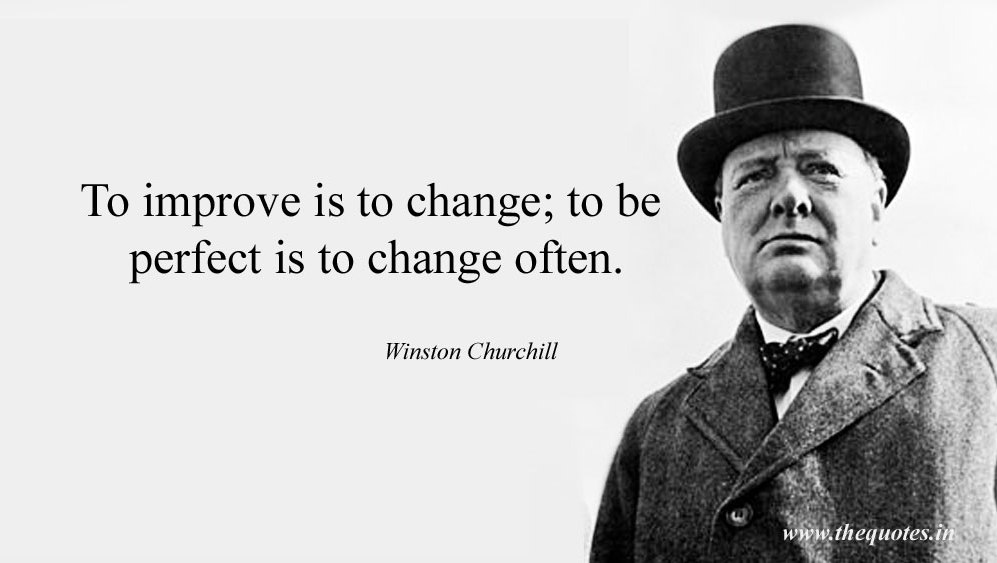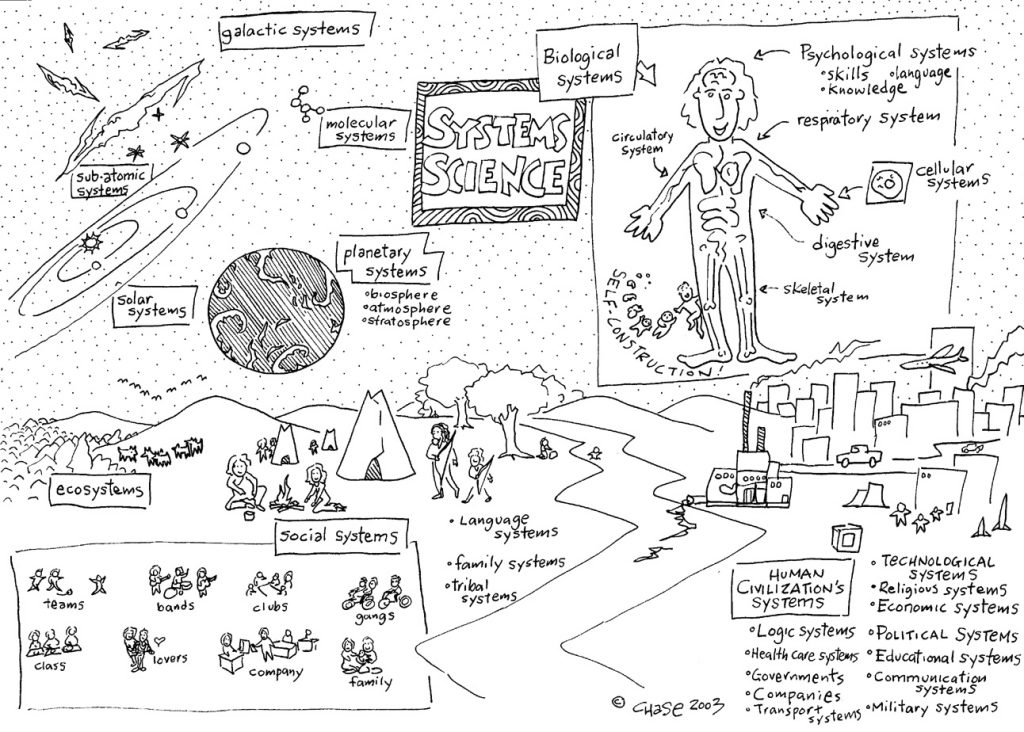We’re now mid-way through the first year of the AAAS Community Engagement Fellows Program (CEFP), funded by the Alfred P. Sloan Foundation. The first cohort of Fellows is made up of 17 scientific community managers working with a diverse range of scientific communities. As they continue to develop their community engagement skills and apply some of the ideas and strategies from their training, the Fellows will report back on the Trellis blog, sharing their challenges, discoveries, and insights. Today Fellow Katie Pratt shares a recap of the CEFP midyear training.
Posted by Katie Pratt, Communications Director at Deep Carbon Observatory

Ch-ch-ch-ch-change was the theme for the AAAS Community Engagement Fellows’ (CEFP) mid-year check-in, which took place at the beginning of June in Washington, DC. But what does change mean for scientific communities?
For many of our communities, it means culture change, and it’s our job as community managers to make that happen (or at least facilitate that process). In some of our communities, we’re trying to get scientists to consider collaborating across disciplines, or across institutions, or just collaborate with anyone at all! Or we’re trying to improve the way our communities work by encouraging members to use online collaborative platforms.
We kicked off the 2-day meeting by considering the existing cultures and pressures of professional science, with Ann Austin (Michigan State University) and Lou Woodley (AAAS/Trellis) leading lively discussions on the values of systems level thinking and problem solving. We were encouraged to carefully consider the environment our community exists within so that we can better navigate the challenge of changing existing behaviors and norms. As always, the cohort of Fellows brought a lot to the discussion, each of us with stories of successes and failures from our efforts to nurture change within a scientific organization.
A significant chunk of the program was, happily, devoted to lightning talks from all of the Fellows. From how to run a successful and inclusive ice breaker, to building web apps with the artificial intelligence needed to answer FAQs, to the surprising effects of bringing your dog to work, the talks highlighted the hugely variable role of the scientific community manager. Indeed, some participants made the most of the opportunity to work through some of the challenges they’ve faced of the past few months. It was great to hear, and learn, from my fellow…..um….Fellows….

The meeting culminated in a workshop run by the Community Roundtable, which focused on how to build a community playbook. We’ll all be creating our own versions of a playbook over the remainder of the fellowship year, and if this workshop was anything to go by, I’m going to need more stickers!
Outside the conference room, we all made the most of our few days together in sunny DC, which was a much more welcoming place than the wintry tundra that greeted us back in January for our initial training week. And behind closed doors our project teams met, making progress towards our final products. Watch this space!

You can find all of the CEFP Fellows’ posts here.